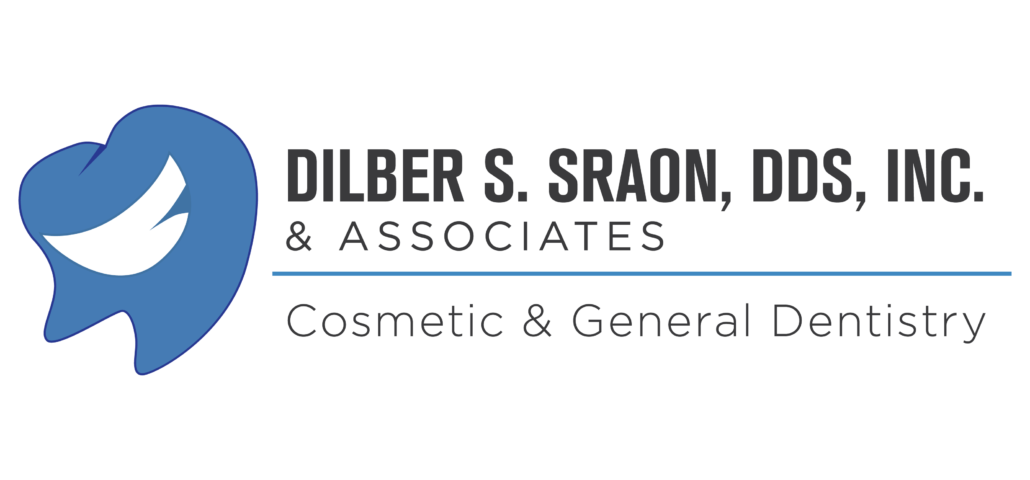Better Together: Mouthwash & Flossing
After our very first trip to the dentist—or maybe even before that—we are taught about the importance of developing a consistent dental hygiene routine. Brushing our teeth twice a day is a must, but that’s not where it stops. A complete dental hygiene routine also includes flossing and mouthwash.
If that sounds like a no brainer to you, that’s great news! If you’ve been under the impression that you can pick flossing or mouthwash to achieve maximum cleanliness, let’s keep reading.
Using mouthwash is easy—it’s quick, refreshing, and painless. Flossing, on the other hand, takes more than a swish—it’s a meticulous task that requires close attention to detail. Both are effective, and both are important.
Flossing is essential because it has the power to dislodge and scrape away plaque that mouthwash isn’t strong enough to remove. Floss penetrates the gaps in your teeth to prevent harmful buildup caused by food and the bacteria it creates. For this reason, it’s recommended that you floss at least once a day, after you eat, and before you brush your teeth. This allows the floss to do the heavy lifting of loosening stubborn particles that your toothbrush can lift away. One of the best ways to maximize the benefits of flossing is through the use of mouthwash.
Mouthwash is often represented as a cool splash of minty refreshment that you should swirl around before a date—but its benefits go much deeper than a fresh first kiss. While flossing and brushing work together to remove harmful buildup, mouthwash works in many ways to improve and maintain your overall oral health.
Mouthwash comes in many different formulas designed to rinse your teeth and gums, strengthen your tooth enamel, fight gum disease, and kill harmful bacteria that can live between your teeth and on your tongue. Some may choose to use mouthwash purely to combat bad breath, while others rely on it to prevent tooth decay.
Some varieties of mouthwash contain alcohol, menthol, and eucalyptol, which work to kill bacteria, while others contain fluoride which strengthens your enamel to prevent cavities. Because these ingredients can be abrasive to the mouth when used frequently, use caution before allowing your children to use mouthwash with the same frequency—twice a day, after brushing and flossing—that you do.
While flossing and mouthwash are key components of a healthy oral routine, they aren’t strong enough to heal underlying oral or health conditions that may be impacting your teeth, gums, and mouth. To prevent developing disease and decay, keep up with regular brushing and office visits. Call us at (408) 227-1404 to schedule your next cleaning today!


